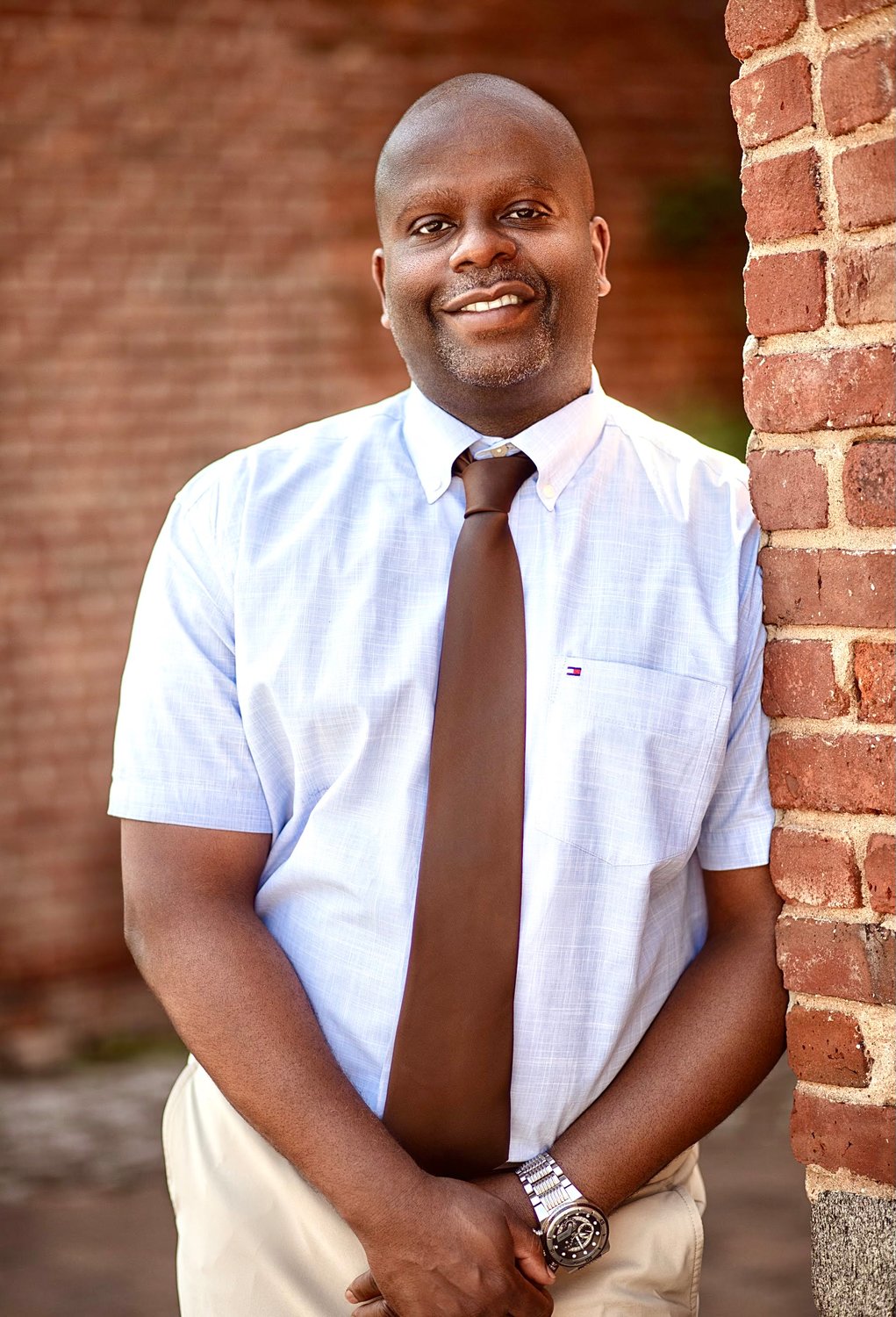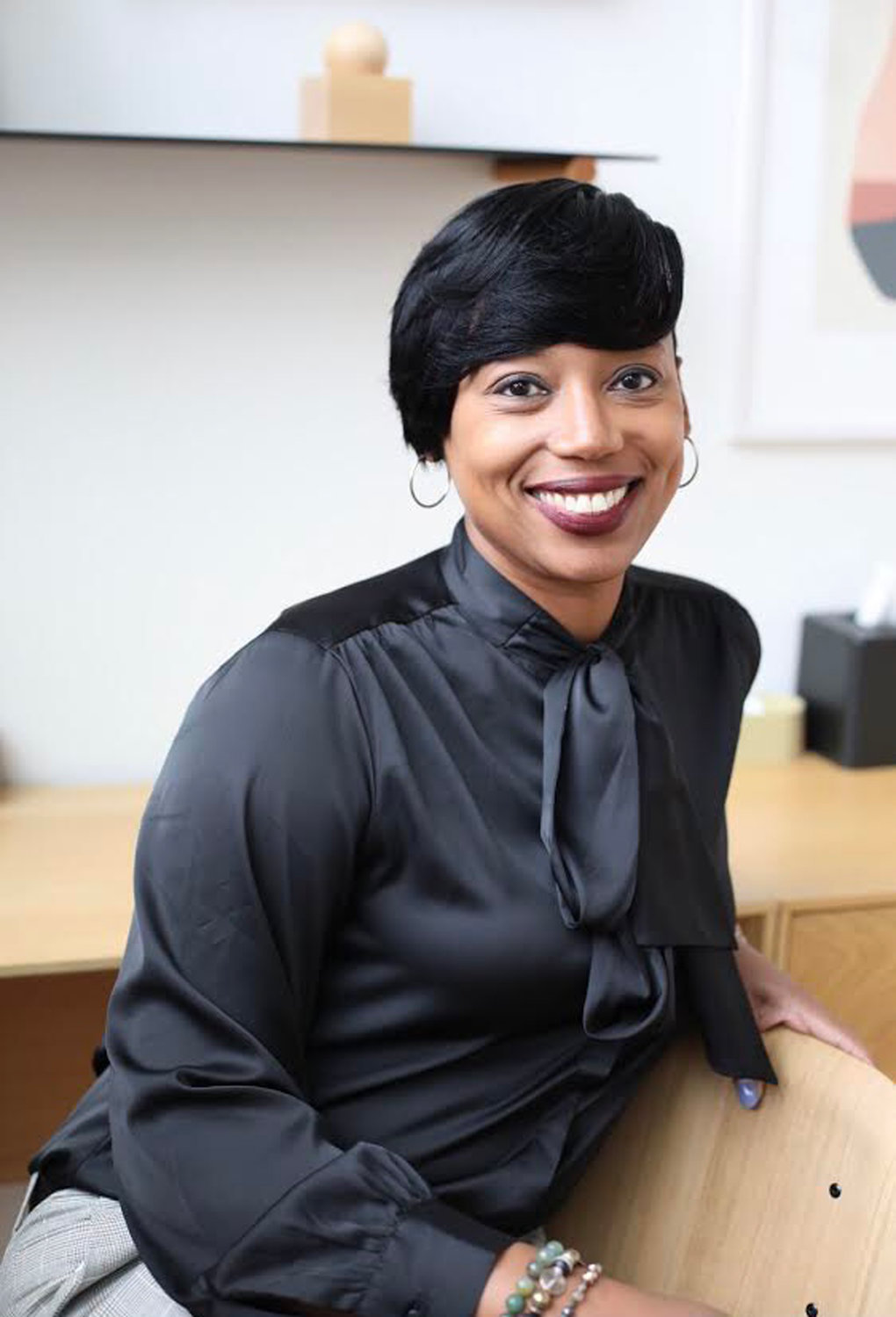Valley Stream therapists discuss pandemic counseling struggles
Long Island is a year into the pandemic, and according to local mental health experts, many people are still struggling to adjust to the life changes it has brought. As a result, they said, more people have developed mental health issues, or their preexisting mental illnesses have been exacerbated.
With the additional caseload — sometimes triple the normal amount — a handful of mental health counselors in Valley Stream say the pressure has taken a toll on them, as the struggles of their patients weigh on them in a phenomenon known as vicarious traumatization as they strive to help others.
“Sometimes I’ll have deep worries about my clients and I’ll take that home with me, or I feel restless or anxious just from hearing other people’s traumatic stories over and over again,” said Rosedale resident Amanda Fludd, 39, a therapist at Kentro Psychotherapy in Valley Stream. “It’s hard to see your clients struggling, but I’ve been able to cope with vicarious trauma because I’m intentional about my self-care.”
A few minutes of mediation and long walks each day help, Fludd said, but as is the case with her clients, the stresses of the pandemic live at home for her as well. As a parent of two children, she said it has been difficult to navigate the fear of bringing the virus home to them, as well as everyday child care while working her full-time therapy job.
“It’s surreal, unreal and just crazy to know that the pandemic is still going on a year later, because no one expected it to go on this long, and this year has been a whirlwind of an experience,” Fludd said. “Therapists are humans too, so we’re navigating our own fears and putting [them] aside to help others and be present for them during counseling sessions.”
Fludd sees about 20 clients weekly. Despite their fears of an uncertain future surrounding the pandemic, she said she tells them to try their best in facing the problems that they are confronting.
“I tell my clients that they can’t get caught up in the chaos in the world, and to focus on their breathing and take things one step at a time,” she said. “Being a therapist is exhausting right now, and I desperately need a vacation because the amount of clients that we serve has tripled during the pandemic. However, it has been rewarding being able to be there for other people to help them put perspective on their anxieties.”
Don Sinksield, a Valley Stream resident and director of administration for New Hope Mental Health Counseling in Valley Stream, said he serves about 10 clients a week, and his organization sees about 700 clients a week.
“I would say that many of the things that we were already treating clients for in therapy [have] been intensified, such as various mental illnesses and traumatic and abusive relationship experiences have increased because people are spending more time in close quarters with one another in their homes and more time alone with themselves,” he said. “This has made me more concerned about the emotional wellbeing of our Valley Stream population and abroad. People have been enduring this for some time. I’m hoping they can get through it.”
With the stresses of the pandemic affecting everyone, Sinksield said that letting his clients know they are not alone helps.
“Self-disclosure is OK in small doses with clients to support them, and so it is helpful to say, ‘I’ve been going through this, too,’” he said. “We are all experiencing this pandemic together, and we are all figuring out new routines. Like many other counselors, I aim to try to help people through anxiety by guiding them to focus on other things and to do relaxation exercises to cope.”
Sinksield said he has also seen a large increase in the number of new clients. “Our intake of new people coming to counseling has doubled,” he said.
Coping with the trauma that patients bring to counselors is something that West Hempstead resident Katiustia Gray, owner of Mind Meets Movement Counseling Services in Valley Stream, has been accustomed to since before the pandemic. She has developed a number of techniques.
“Sometimes patients say things that might be triggering to me, but as a seasoned therapist, who has been working in mental health counseling for over 15 years, I have been able to stay grounded during sessions when that happens, and then I’m more able to wait until after every session to figure why I was triggered,” she said. “I used to see my own counselor, but I no longer do that because I’m in a good place. Sometimes, I’ll meet with other therapists at my center, and we have consultations about our different clients to help us through the process and to support one another, and to talk about how being a therapist is affecting us.”
In addition to being a psychotherapist, Gray also works as a yoga instructor, teaching people about the mind and body connection. For self-care, she said, she takes part in spin and Pilates classes while managing a book club of about 40 people. She also spends time with friends and paints.
“Most of the times it’s not hard to stay motivated while hearing about all the traumas that my clients are going through, even though it isn’t an easy job,” Gray said. “Sometimes, I take a day or two off to go to the spa to get a full body massage and scrub because maintaining self-care as a therapist is crucial so that you can go to work rejuvenated to help save and better the lives of others.”

 43.0°,
A Few Clouds
43.0°,
A Few Clouds 







